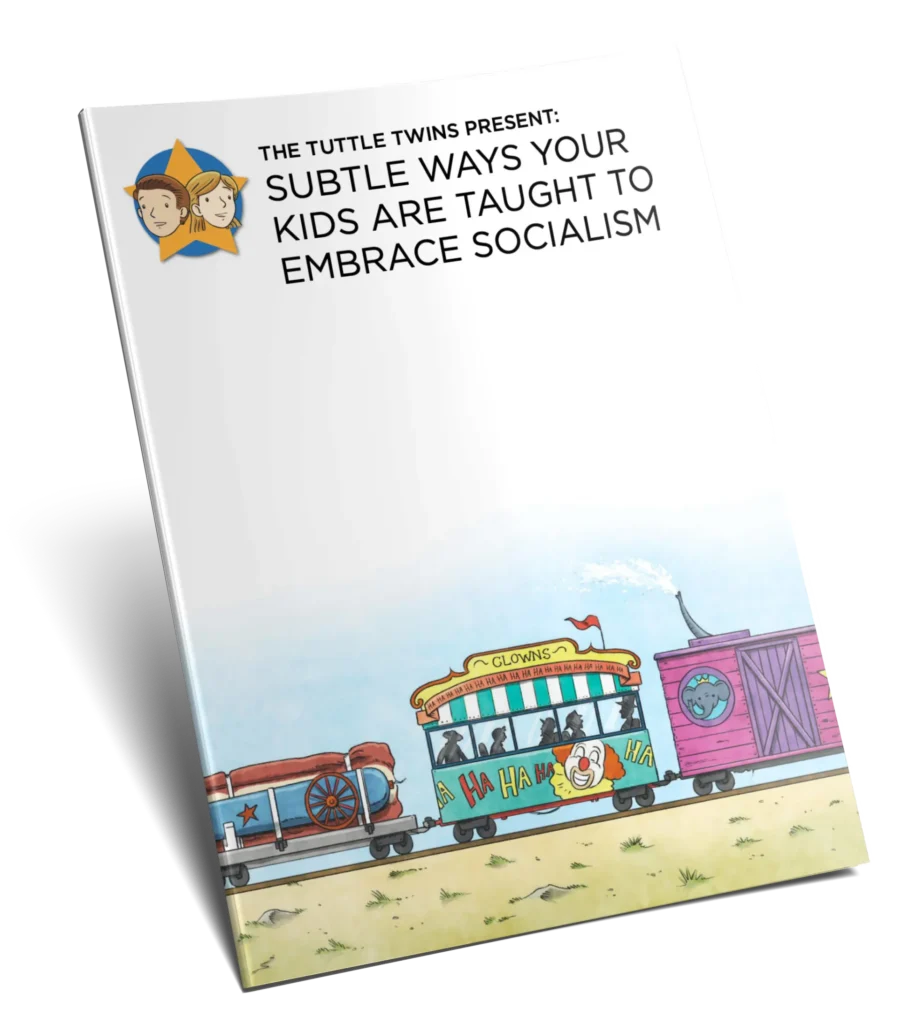Words can be incredibly powerful, capable of changing lives and influencing people’s beliefs and behaviors. The way we use words can have either a positive or negative impact on those we are communicating with. Whether in everyday conversations or on social media, the way we choose our words and express ourselves can leave a lasting impression on others.
The Advantages of Social Media 
Social media has become an increasingly popular way to connect with friends, family, and even strangers from all over the world. It provides an avenue for people to learn new things and pursue their interests, such as hobbies or education, from the comfort of their own homes. With a wealth of information available at our fingertips, we can expand our knowledge and connect with like-minded individuals to share our thoughts and ideas on various topics.
The Art of Persuasion
Persuasion is a non-aggressive approach to convincing others to believe in our way of thinking. Aristotle, a famous philosopher and teacher, introduced the three principles of persuasion: ethos, pathos, and logos. Ethos pertains to the speaker’s credibility, character, or authority, while pathos appeals to the listener’s emotions. Logos is based on logic and reason, which work most effectively when you know your audience and use their language. The art of persuasion is a peaceful way to convince people to look at things from a different perspective and consider other ways of thinking and doing things.
The Dark Side of Words: Coercion 
While persuasion can be a peaceful way to convince people to see things from a different perspective, coercion is an entirely different story. Coercion is the act of compelling individuals or groups of people to act against their will using threats, forceful actions, and abuse, including physical, psychological, and emotional. It can strip people of their freedom and rights, ultimately leading to control and domination. Unfortunately, coercion has been used throughout history by those in power to enforce their will upon non-compliant citizens. It has been a central tool for acquiring power and maintaining control, leading to some of the most oppressive regimes in history.
The Importance of History and Proper Use of Words
As we face a movement to redefine words and rewrite history, it’s essential to remember the importance of understanding history and preserving it for future generations. By learning from the past, we can recognize and prevent the dangers of coercion before it takes root. Redefining words can lead to confusion and misunderstandings, making communication difficult. It’s one thing to be considerate of others’ choices, but it’s not right to force those choices on others and bully them into submitting to something they don’t believe to be true and right.
The Tuttle Twins Guide to Courageous Heroes 
One resource that can help teach children and adults alike about the dangers of coercion and the importance of preserving freedom is The Tuttle Twins Guide to Courageous Heroes. This book tells the stories of brave individuals who stood up against oppressive power-hungry leadership, risking their lives to protect freedom and individual rights.
If more kids learn to recognize and discuss coercion and the subtle actions that lead up to it, we are less likely to see the problems of the past repeated.
Words are incredibly powerful, capable of influencing and changing lives for better or worse. While persuasion can be a peaceful and productive way to convince others to see things from a different perspective, coercion can be incredibly damaging, leading to control and domination.
By understanding the importance of history and the proper use of words, we can create a society that values freedom and autonomy, ultimately leading to a more just and equitable world.




